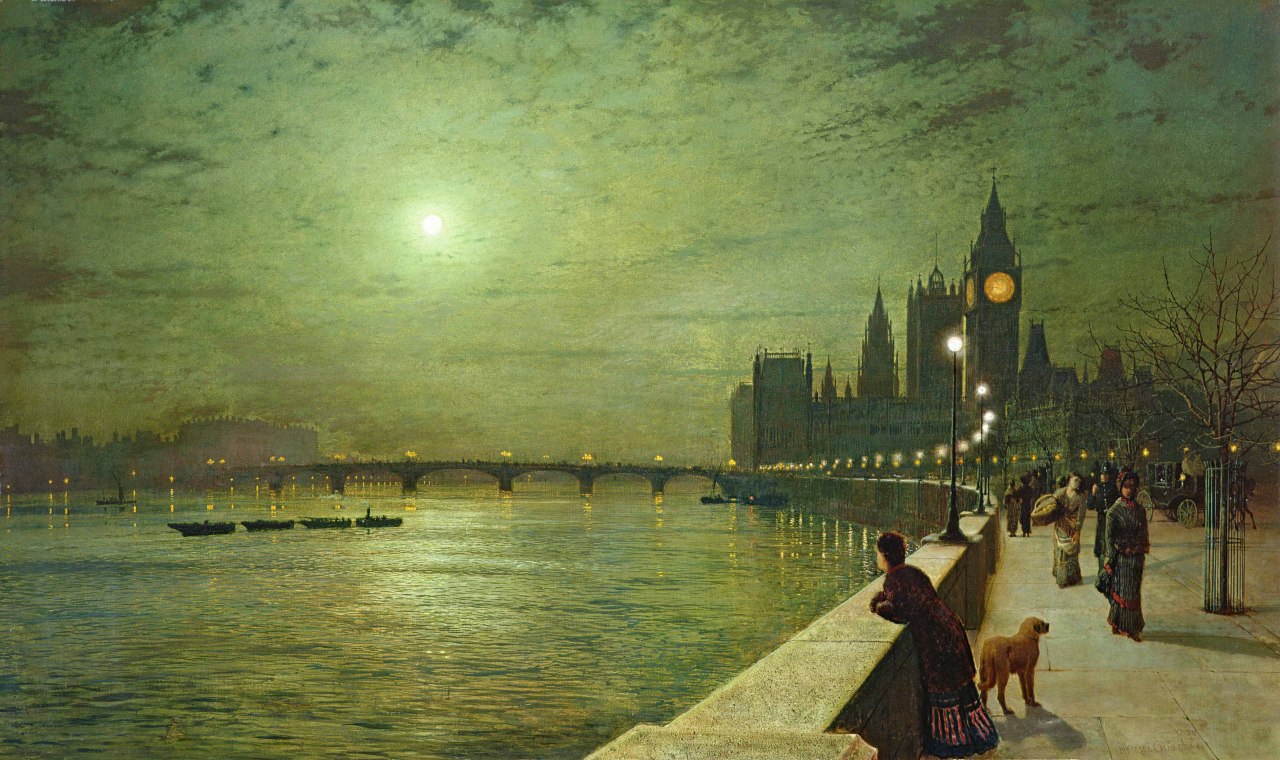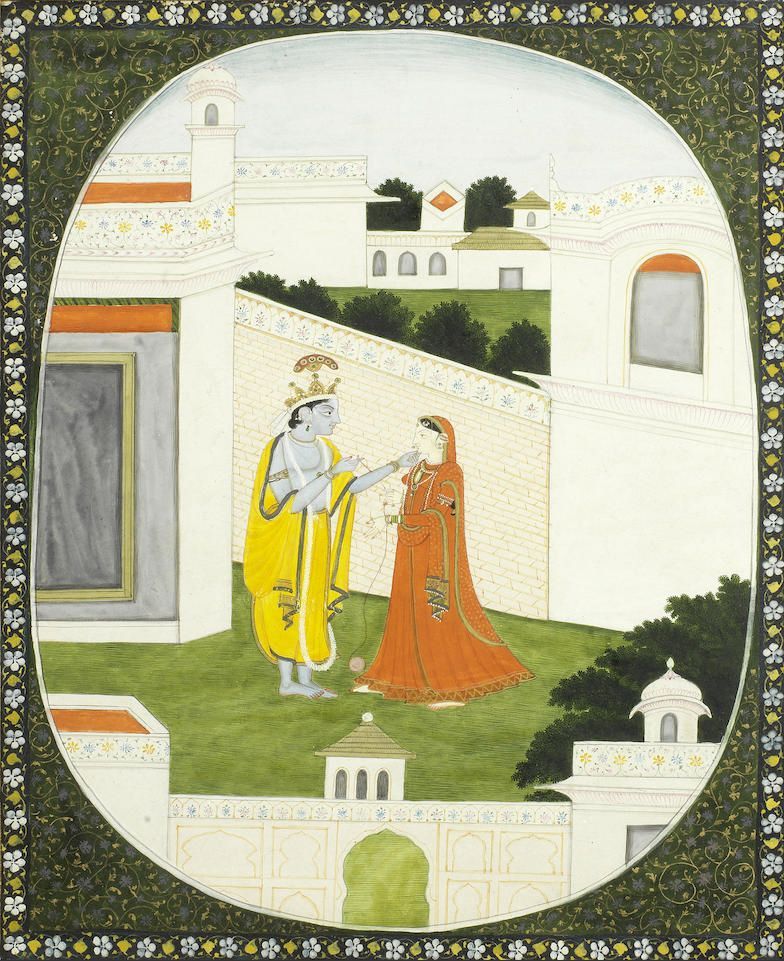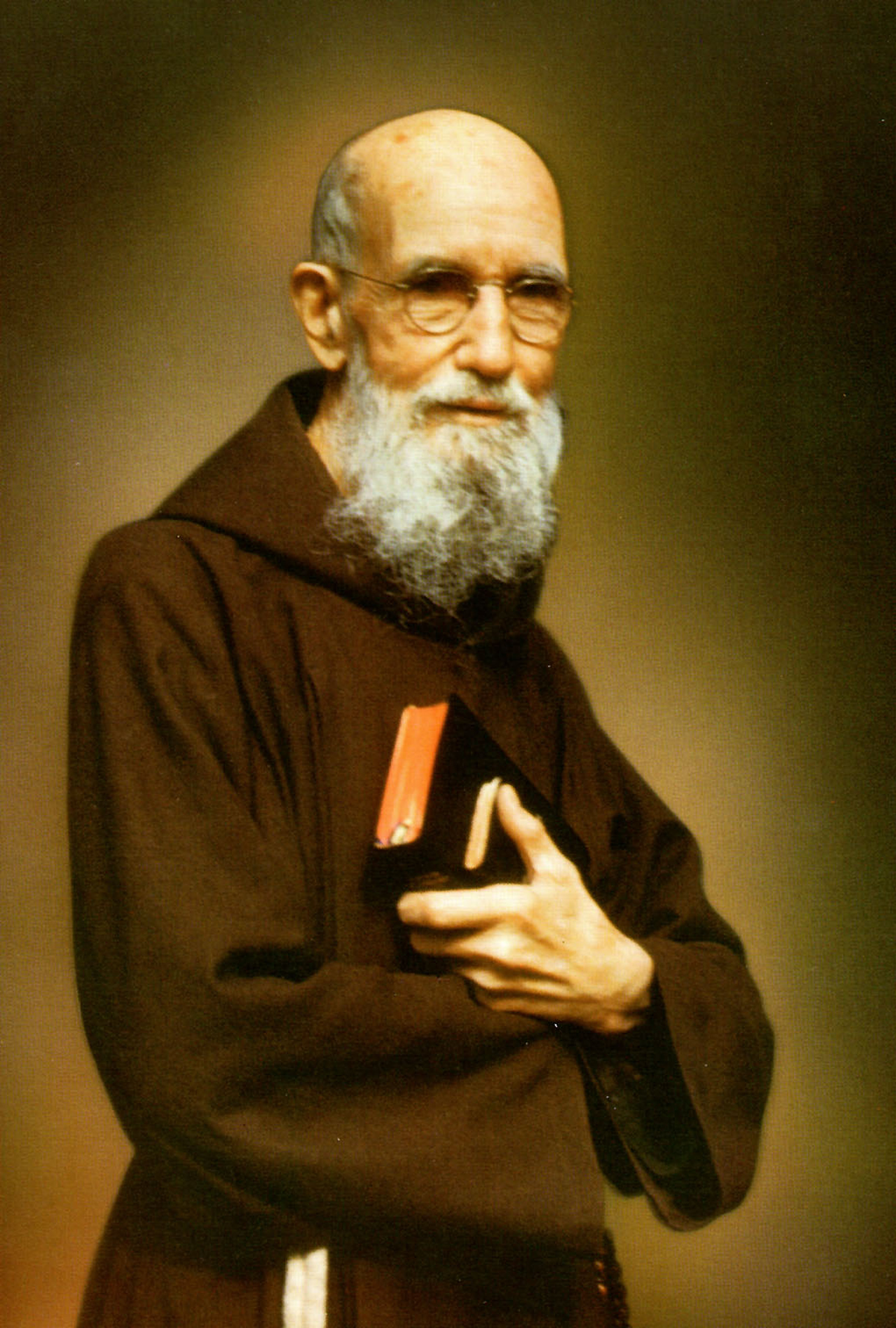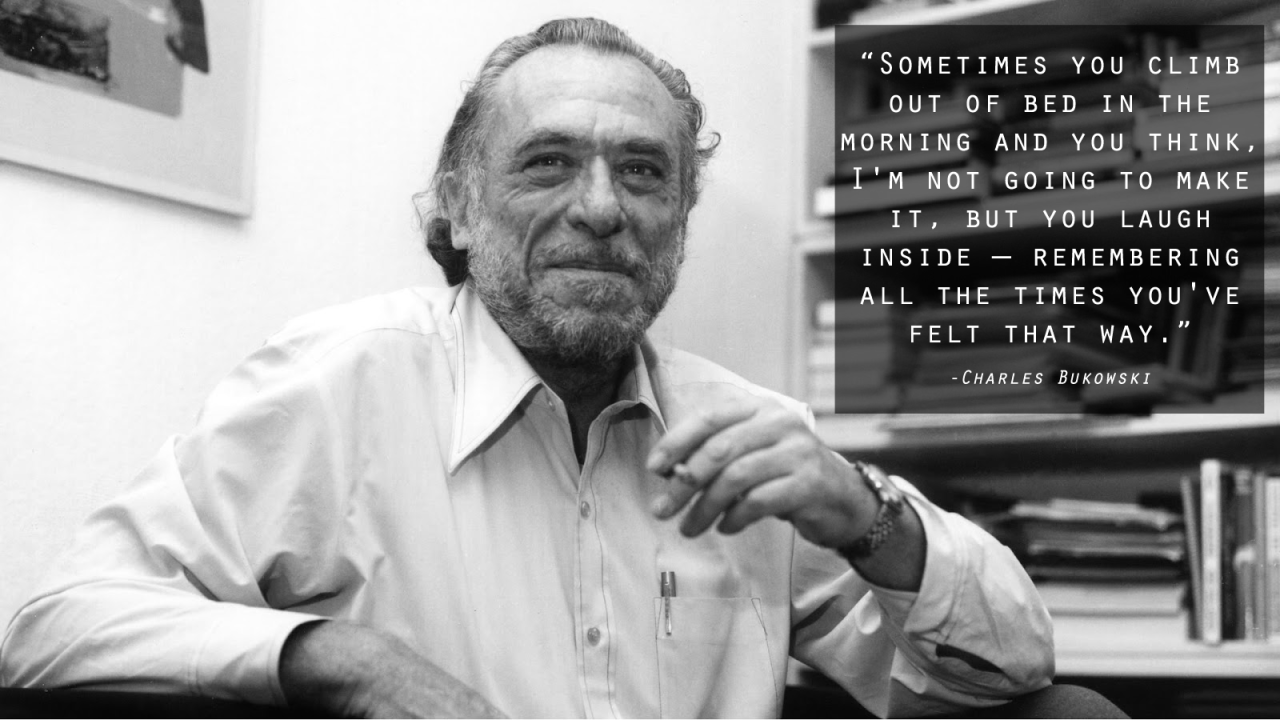
Saturday, November 28, 2015
Thursday, November 26, 2015
I really want to know You…
From Concert for George.
At the end, Billy Preston turns and gives Ringo a thumbs up, and Ringo responds by holding his sticks high in the air. They know they nailed it.
Tuesday, November 24, 2015
"I'd give you everything I've got for a little piece of mind…"
Monday, November 23, 2015
Ahhhhhhhh…
I'm in that crowd somewhere.
It was one of the happiest moments of my life.
Sunday, November 22, 2015
Brevity
Haiku is both easy and impossible to define. One can merely use dictionary language to say that a haiku is a short poem, usually in three lines, that uses natural imagery to evoke a feeling or mood. But such flat definitions fall well short of accounting for haiku's mysterious power to cause in the reader's consciousness a sudden shift, literally a new way of seeing. Part of this ability lies in the form's brevity, which leaves no time to explain an experience; instead, the haiku conveys an experience directly without commentary and with an immediacy not possible in longer poems.
Saturday, November 21, 2015
Words
I was pussy.
Clearly the word didn’t mean then what it means now, and I was having a heck of a time figuring out what he meant until I found an online Webster's Dictionary from 1828 that cleared up the confusion: it used to mean “short and fat.”
Was Here
Many people don't get haiku. They typically ask what the big deal is about a frog leaping into a pond or a piece of green pepper falling off a salad bowl. So what indeed? Maybe the best answer is a slap on the face, a common "answer" to a baffling koan. But a more reasonable explanation of the "big deal" is the irreducible fact that the poet was there to witness the event. A cherry tree in blossom and a dog barking in the distance may not seem to add up to much, but what such a haiku declares is that someone was present--actually there, living and breathing--at that particular intersection of sight and sound. In that sense, haiku not only convey the beauty of individually experienced moments, they are also powerful little assertions of the poet's very existence. Not to be present to witness the cherry tree and the barking dog means being absent, perhaps non-existent. Every haiku makes a common claim: I was there! Like Kilroy with his nose over the fence.
Friday, November 20, 2015
My Cup
His politics are abhorrent, but my God what a voice!
Thursday, November 19, 2015
Little People
One thing I remember-- a strange thing and quite mad. The August harvest moon, under which a few nights before I had come home feeling most poetical from my day's fishing with my visiting editors, was still shining high in the sky when I walked home another night, either from the Imperial Club dance or from our serenading, or from an evening on Walnut Hill with Alice Murdock, her family and maybe two or three young people sitting on the porch, not unconscious of the night's splendor. I turned in and slept deeply. Then I remember waking up, when the moon's beams were slanting and the dawn must have been but two or three hours away. Now this is sure: I did wake up. Something-- it seemed to me the sound of distant music-- came to my ear. The head of my bed was near a south window, and I looked out. And I will swear across the years during which I have held the picture, that there under a tree-- a spreading elm tree-- I saw the Little People, the faeries. I was not dreaming; at least I did not think so then, and I cannot think so now. They were making a curious buzzing noise, white little people, or gray, three or four inches high. And I got up out of bed and went to another window, and still saw them. Then I lay on my belly on my bed and kicked my heels and put my chin in my hands, to be sure I was not sleeping, and still I saw them. For a long time, maybe five minutes, they were buzzing about, busy at something, I could not make out what. Then I turned away a moment, maybe to roll over on my side or get up on my knees, and they began to fade away; and instant later they were gone. And there I was, like a fool, gawking at the bluegrass under the elm. I got up and sat in a chair. I was deeply upset, bemused, troubled. I thought maybe I was going crazy! I knew well enough of course, even then, that what I saw I did not see; but when you are cold sober, and have the conviction spread over you that you are mad, you are bothered-- and I have been bothered ever since. It is not impossible. Nothing is impossible. Many years later I heard of transparent fish; with other eyes, other creatures see other things; with other ears they hear much that escapes our human ears. Perhaps in our very presence are other beings like the transparent fish, which we may not feel with our bodies attuned to rather insentient nerves. Heaven knows! For an hour I thought I was crazy. And when I recall that hour, and am so sure that I was awake, I think maybe I am still crazy.
Peace and Flowers
That's what's wrong with America's Middle East policy. It's not enough just to kill the weeds- if you want something better, you have to plant it.
Tuesday, November 17, 2015
That Little Girl
I stopped at the home of a girl whom I knew at the university but slightly. I could not rouse the family at the front door, so I walked around the house to the kitchen porch, where she stood with her back to me, ironing. I said, "Laura," and without a word she whirled and literally jumped into my arms, crying, "Oh, George!" She blushed to a crisp when she found her mistake. I see her every year now at commencement. We are old folks, and George-- Heaven knows where he is. But he was never loved in his long life as that little girl must have loved him.
Had he been a president or a senator, rather than a simple Midwest newspaperman, his book would be crowded with awards and ceremony and listings of Great Deeds. There would have been no room for charming little anecdotes like this one.
The Man with the Horn
Music is much more striated now than it used to be. I miss the days when you could listen to Kasey Kasem and hear all kinds of different things.
Monday, November 16, 2015
Sunday, November 15, 2015
Moon

Reflections on the Thames, Westminster, 1880
John Atkinson Grimshaw painted some of the most stunning night scenes I've ever seen.
Saturday, November 14, 2015
Friday, November 13, 2015
Beauty
Later in life, when I saw beautiful architecture, I looked at it with the same eagerness and happiness that had come whenever I had encountered beauty. It was many years before I realized fully that the quickening impulse of eager satisfaction which comes to one who sees beauty is the same kind of gladness, no mater what form beauty takes-- poetry, philosophy, music, architecture, love, and delight. Something in the structure of man's mind and heart vibrates with a profound sense of well-being to all the manifestations of beauty that the senses encounter. I did not know it when I was a boy, but I am sure now that the beauty of whatever kind one feels is God-- the Universal Soul of things-- trying to speak the common language to man's heart.
Wednesday, November 11, 2015
Removed the dark from in me
One of my favorites of his.
I found someone who showed me
Illumined my consciousness
Removed the dark from in me
And given me that which I have lost…
Full lyrics HERE.
Monday, November 9, 2015
The Guest House
The Guest House
by Mewlana Jalaluddin Rumi
This being human is a guest house.
Every morning a new arrival.
A joy, a depression, a meanness,
some momentary awareness comes
As an unexpected visitor.
Welcome and entertain them all!
Even if they're a crowd of sorrows,
who violently sweep your house
empty of its furniture,
still treat each guest honorably.
He may be clearing you out
for some new delight.
The dark thought, the shame, the malice,
meet them at the door laughing,
and invite them in.
Be grateful for whoever comes,
because each has been sent
as a guide from beyond.
Coldplay front man Chris Martin credits this poem as one of the things that helped him move from a dark place to a better place.
Emotion
"An emotion is only an emotion. It’s just a small part of your whole being. You are much more than your emotion. An emotion comes, stays for a while, and goes away, just like a storm. If you’re aware of that, you won’t be afraid of your emotions." ~Thích Nhất Hạnh
Sunday, November 8, 2015
Aflame
I can remember only one of the scores of rides that we must have taken together (for I always owed Skinner & Strimson at the livery stable). The ride that I remember was a moonlight sleigh ride. It cost a dollar and a half an hour, and we sped westward over the hard snowbanked roads out into the stony uplands of Towanda Township. Not a cloud was in the sky. The moon glittered. The air was cold. The stars on the horizon twinkled; and we were huddled under a regular haymow of blankets. Old Jerry, my favorite livery horse, was feeling good, and a mere touch of the reins guided him. So we seemed to be speeding through space at an incredible speed, probably up to six miles an hour. All I can remember is that I was very bashful, and I think Agnes was too; but I was approaching eighteen, and she was five months younger, and soon I was going back to college again. She was working in an office and earning money to take her to college too. And we were afraid of college, both of us, and the big new world beyond, which we feared would part us. We spoke of it, that I remember, with dread and nameless terror. But the moon was ineffably lovely. The night was nippy, and the blood of eighteen years was rising-- an insurgent sap from our hearts to our brains. We greeted the new life crowding in upon us with fear and delight. When I left her at her door, old Jerry was prancing. I could not leave the sleigh and, getting out, she kissed me a gentle kind of post-office childish kiss and ran away laughing, and leaving the world of snow aflame with a pink delight. If God is in religion, and I think he is sometimes, and if he dwells some way in sex, and I believe he is there too, then Agnes and I that night stood beside our burning bush. It was a long, long time ago.
Even though he's describing events that happened not long after the Civil War, his experiences are universal. William White's autobiography will rank among my favorites, and I'll feel a real sense of loss when I turn the final page.
Saturday, November 7, 2015
Epistemological Modesty
Ben Carson’s ideas about things like the pyramids, combined with what he has said about other more immediate topics, suggest not only that his beliefs are impervious to evidence but also an alarming lack of what we might call epistemological modesty. It isn’t what he doesn’t know that’s the problem, it’s what he doesn’t realize that he doesn’t know. He thinks that all the archeologists who have examined the pyramids just don’t know what they’re talking about, because Joseph had to put all that grain somewhere. He thinks that after reading something about the second law of thermodynamics, he knows more about the solar system than the world’s physicists do. He thinks that after hearing a Glenn Beck rant about the evils of Islam, he knows as much about a 1,400-year-old religion as any theologian and can confidently say why no Muslim who doesn’t renounce his faith could be president.
So what happens when President Carson gets what he thinks is a great idea, and a bunch of “experts” tell him it would actually be a disaster? What’s he going to do?
He's kind of an extreme case, but the problem is fairly widespread at the moment. It's pretty rare these days to hear someone say the words, "I don't know."
Friday, November 6, 2015
The Ways of Men
I'm currently reading The Autobiography of William Allen White, published in 1946, shortly after his death. He ran a newspaper in the Midwest, and was influential for a time. His life experiences are surprisingly universal, and I'm really enjoying learning about him. It's long out of print, but there are a lot of copies available through Abe Books for about a four dollars, HERE.
Here is an excerpt I thought was especially human and touching:
One day that summer Pa and I were alone together. I remember I was lying on my belly, idly thumping my toes on the floor, with my nose in a big leather-bound copy of Plutarch's Lives, which Pa had in the bookcase. It was in fine print and I, being a little nearsighted, had my eyes close to it. It was easier to read on the floor that way than to hold the big book in my hand. Pa had been silent for a long while, drumming with his fingernails on his chair the rhythmic skeleton of some old tune singing in his heart. The bee song that he often hummed was silent. I looked up, and his eyes were glistening as he caught my attention. An open letter was on the table beside him. My string-saving mother preserved that letter with the day and date of it: Delta, Ohio, where he lived as a youth, and August, 1882. He saw that I noticed his moistened eyes. He smiled and said:
"Willie, this letter tells me about the death of a girl I knew when she was not much older than you. She was an awfully nice girl, and she thought I was nice too. And she was about your age. She was my girl, and I was her beau; and that was a long, long, time ago. And now she is dead! Her sister wrote me here, and sent me a lock of her hair. She said she wanted me to have it. And it's gray! God 'lmighty, Willie, it's gray! It's gray!" He paused a moment, began drumming again, and then:
"Well, I suppose it ought to be, really. But it's gray!"
He repeated that phrase like a gentle protest to Providence. Pretty soon he got up, took his cane, and toddled off the porch down the sidewalk to the thick of the town. And Plutarch interested me no more that morning. I looked at my father going down the street, and suddenly realized that once he had been a boy and had a girl like (my) Agnes Riley-- maybe! After that it was as though we were brothers-in-law in the great family of romantic intrigue. So, initiated into the brotherhood, I never told my mother-- not to her dying day. But I did tell Albert Ewing, who had Lizze Ruddick on the string, and Agnes, and we marveled much at the ways of men.
Tuesday, November 3, 2015
Monday, November 2, 2015
Whatsoever
"When Buddhism talks about emptiness, it’s not talking about a type of nonexistence whatsoever. Rather, the teachings on emptiness point to the notion of possibility: that anything can happen." ~Ponlop Rinpoche (via)
Yo-Yo

I love seeing the gods depicted doing very human things. In this illustration from around 1830, Radha and Krishna are shown playing with a yo-yo. :D
(via HinduCosmos)
Sunday, November 1, 2015
0.125
Today I learned that an "octoroon" is a person who is one-eighth Black.
I can't imagine that this is a word that I will get to use much, but it's fascinating to me that at one time it would have been.
Solanus Casey

Solanus Casey is one of my favorite people.
He’s on the path to sainthood, which is nice, but what’s cooler is why people remember him: he was kind. He was just the doorman, and he died sixty years ago, but that’s what people still remember about him.
How cool is that?

